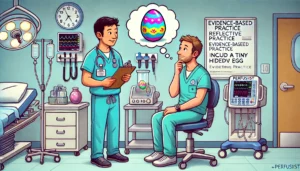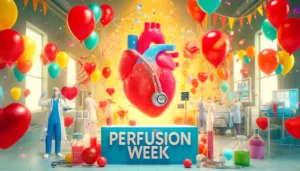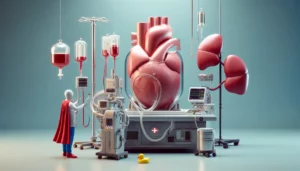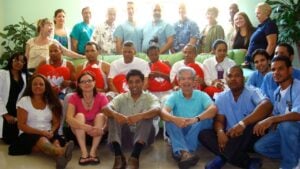
Adapting and Applying Student-Centered Learning in a Perfusion Clinical Rotation
This study outlines the transformation of perfusion clinical education from a teacher-centered to a student-centered model. By incorporating reflective practice, self-evaluation, and problem-based learning, the Mayo Clinic’s Perfusion Work Group aims to enhance the clinical training of student perfusionists. Changes include reversing student preceptor evaluations, biweekly student-led educational sessions, and establishing clear skill levels. These methods foster reflective practice, self-assessment, and evidence-based learning, ultimately promoting lifelong reflective perfusionists.










